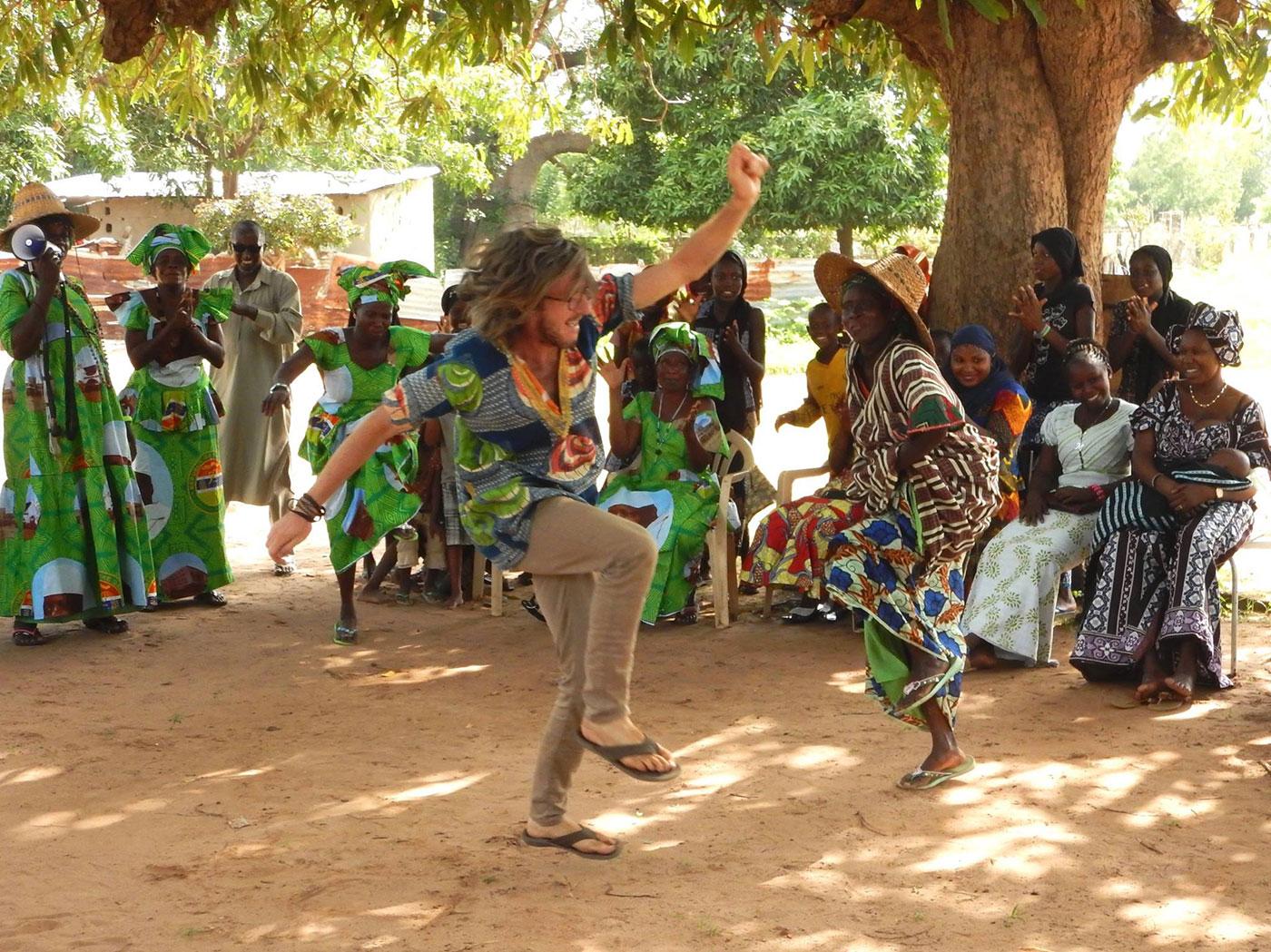About
B.A. Philosophy 2014
Philosophy, to me, is lived. It’s interactive. One of the most important things I took leaving Carroll College is that, no matter how much you read philosophy, write about it, think about it, (all great things!) the basis of philosophy remains in the day to day, simple interactions with other people and with the world. To quote David Hume, “Be a philosopher, but above all be a man.”
I received my philosophy degree from Carroll College in the spring of 2014. In studying for my philosophy degree at Carroll College I took the opportunity to write an honors thesis my senior year. My thesis was entitled Maurice Merleau-Ponty and Aesthetics: On Perception, Art, and Embodied Existence. The following is the abstract from my thesis: French philosopher Maurice Merleau-Ponty is one of the 20th century’s greatest phenomenological thinkers. Merleau-Ponty’s main philosophical concern is understanding how humans experience and perceive the world around them. He grounds his thought in phenomenological inquiry and existential ontology, providing a rich understanding of what it means to be a human living in the world. In his examination of human situation in the world, Merleau-Ponty draws from art, in particular the work of French painter, Paul Cézanne, in outlining a theory of aesthetics that brings to light our being in the world as an embodied individual who is immersed in it, not outside of it. In my paper, I explore the various implications of Merleau-Ponty’s philosophy, arguing that his aesthetic theory is not simply ancillary to his general perspective, but instead unveils a new way of understanding what it means to be human living and existing in the world.
Upon graduating, I took up a job as a Marketing and Media Content Developer a small, Catholic, liberal arts school near Naples, Florida called Ave Maria University. I found very quickly that my skills as both a technical and logical cohesive writer, skills that I attribute directly to my work in reading and writing philosophy, are more rare and valuable than I had realized during school.
Starting in June of 2015 I moved to The Gambia, West Africa as a Peace Corps Volunteerworking in rural schools helping with teacher capacity building. Currently living in the up-country village of Dobang Kunda, I work with teachers at the local lower basic school (grade school) on developing better classroom practices, material and content delivery, and content assessment.
I greatly value my degree in philosophy. Upon graduating college, what I am finding more and more is that, while a philosophy degree does come with a specific knowledge of different thinkers and ideas throughout history, more importantly it instills in the student a way of thinking about the world. Professionally, especially in working and living with people from other cultures very different from my own, my study of philosophy has helped prepare me to engage ideas and values that are very different from my own in an open minded way. Sometimes it is very difficult to overcome our own predispositions and opinions about the world. Constantly having my own values and perspective being challenged being comfortable with these challenges has been one of the single greatest outcomes of studying philosophy.
The one piece of advice I would give to a student of philosophy is to be patient. You are encountering so many new ideas at once. Especially in college, it is often the first time your beliefs and views towards the world are being questioned in any way. But this is okay! In fact, it’s great. While frustrating at times, you will be much better equip to engage the huge variety of ideas, opinions, and beliefs you will encounter over the rest of your life.

